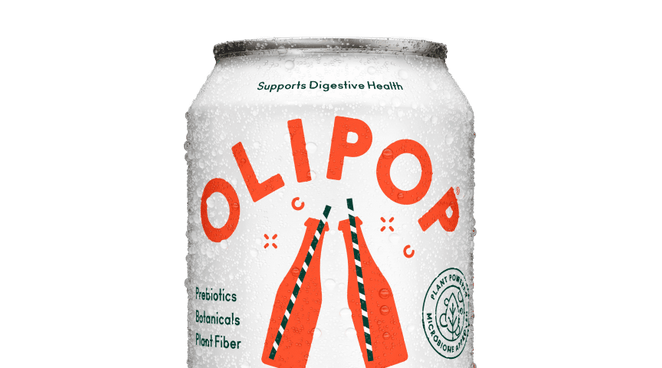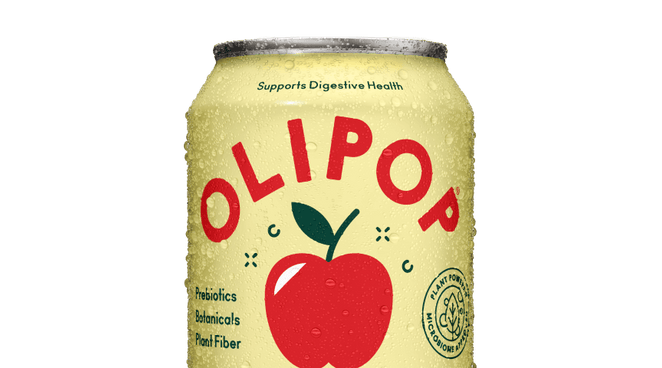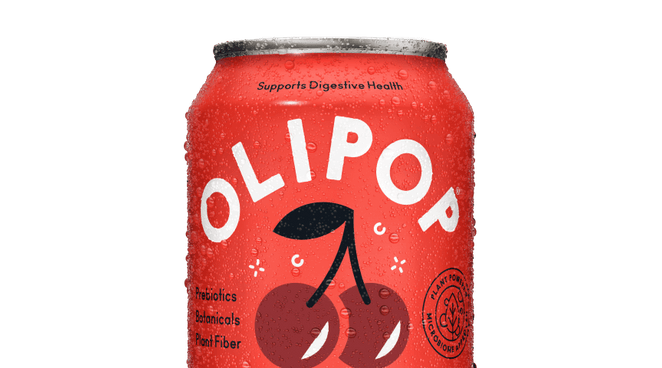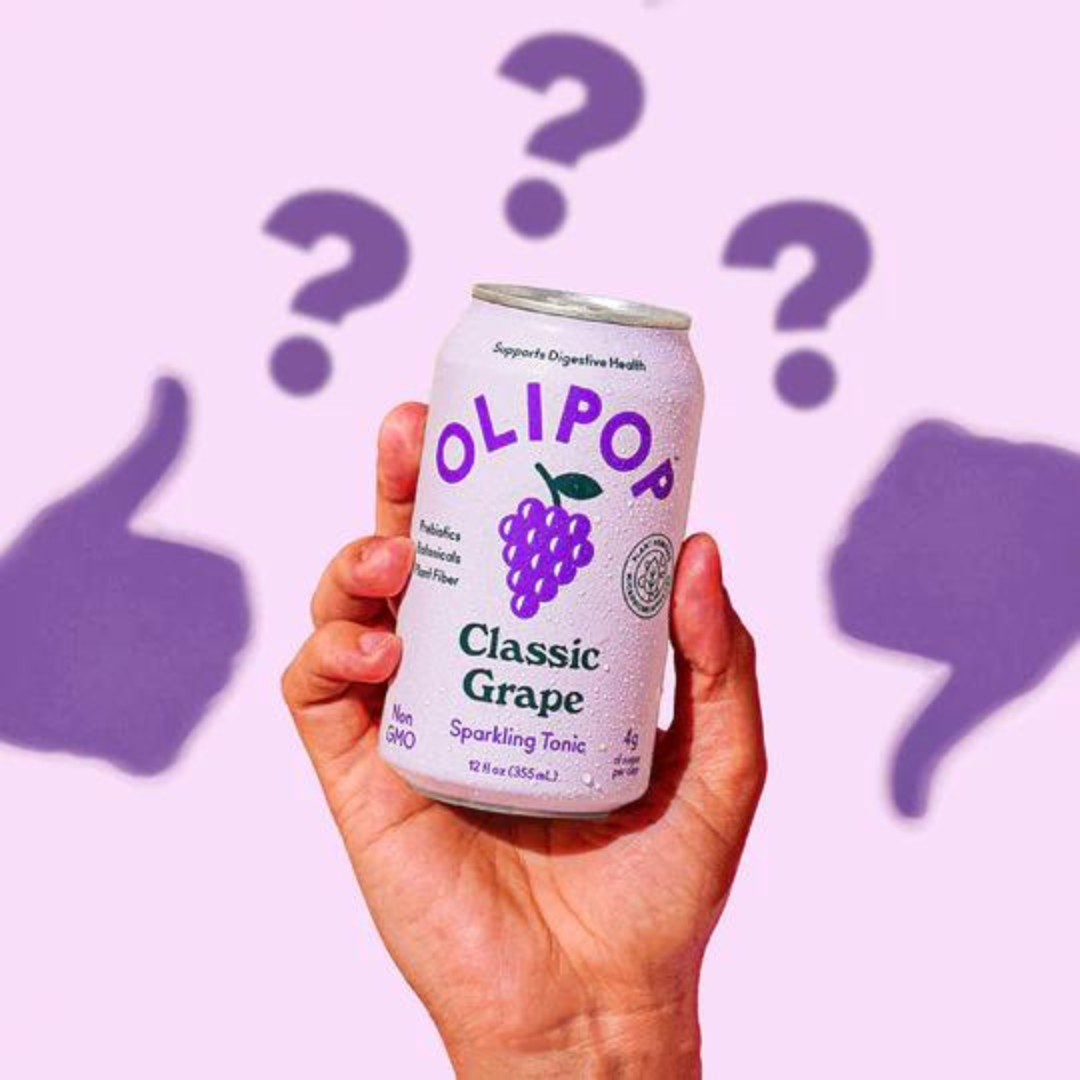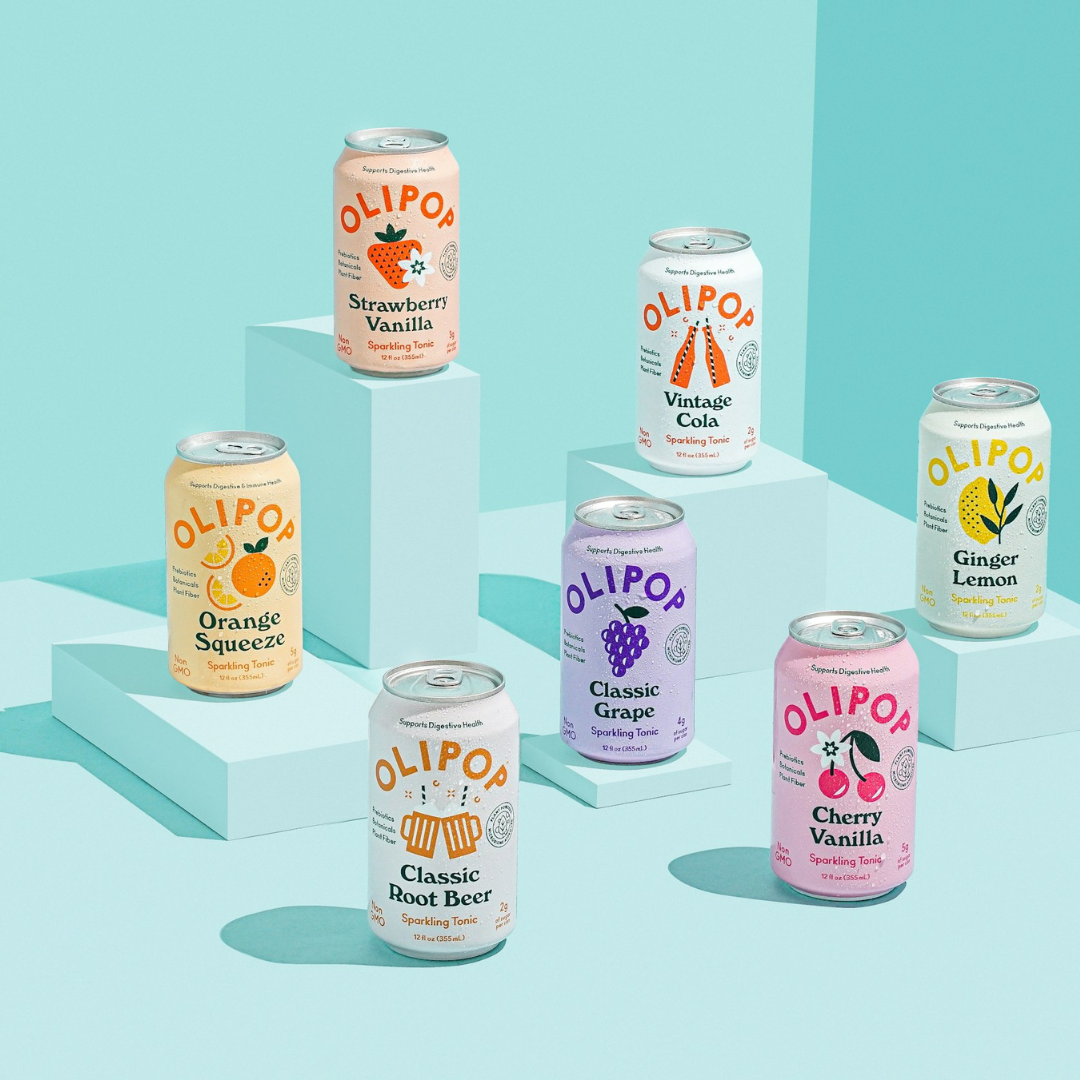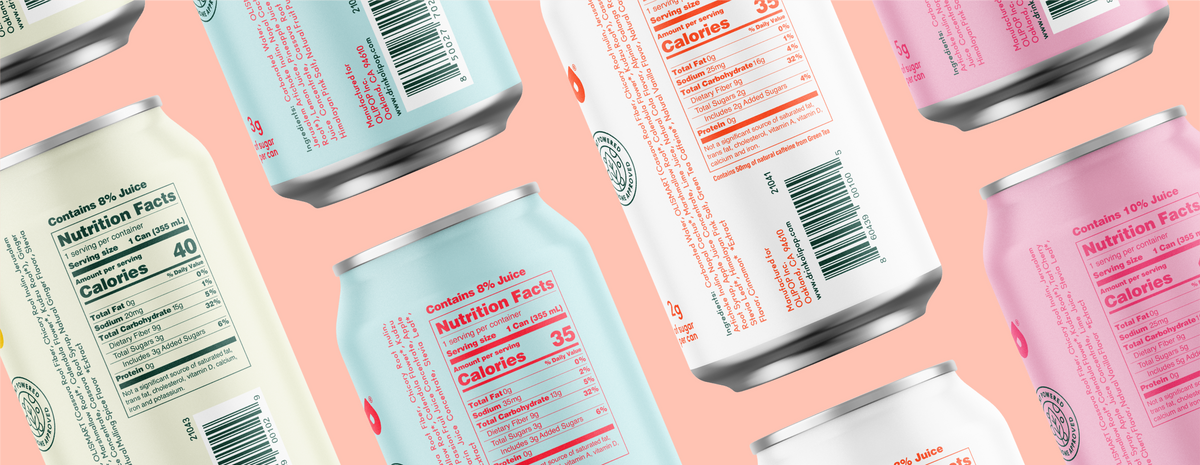-
OLIPOP 101 - Flavors

3 min read
Orange Cream Flavor Deep Dive
Orange Cream is back, and this time for good! Discover the story behind our creamy, citrusy fan-favorite and where you can grab it today.
Read More
-
OLIPOP 101 - Flavors
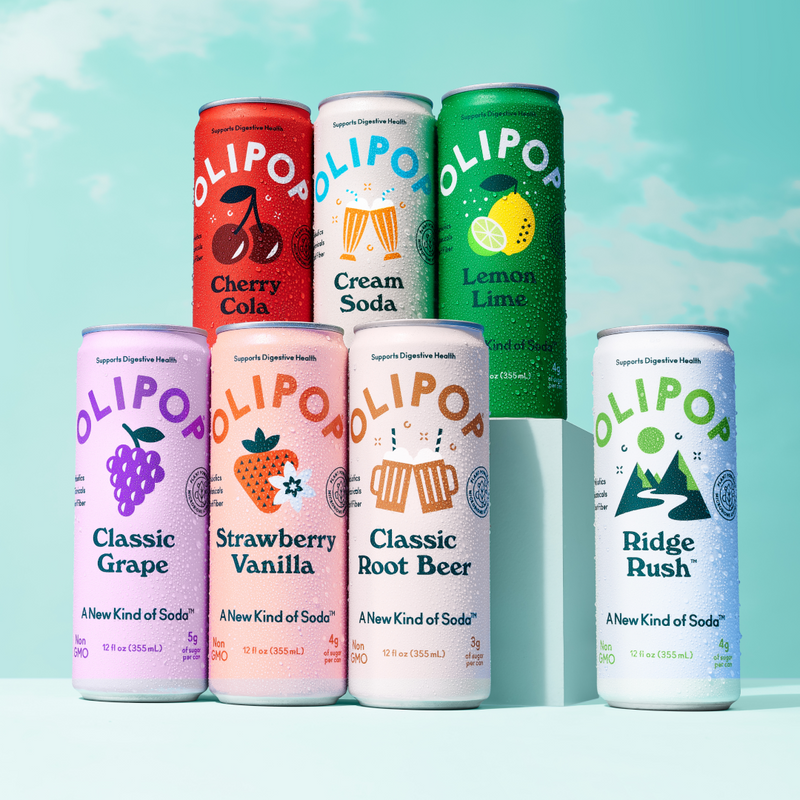
3 min read
Meet Our Sleek Cans: Now at the Convenience Store
Our sleek new look is here! Same craveable OLIPOP in a taller, grab-and-go format. Now available at select convenience and drug stores.
Read More
-
OLIPOP 101 - Flavors

2 min read
Big Flavor, Mini Cans: New OLIPOP Mini Cans Have Landed at Target
Big flavor, mini cans! Classic Grape, Strawberry Vanilla, and more flavors just dropped at Target in 7.5oz OLIPOP Mini six-packs. Grab them for a quick fizz fix!
Read More
-
OLIPOP 101 - Flavors

3 min read
The Results Are In: Meet Your Flavor Face-Off Champs!
The Flavor Face-Off results are in! See which OLIPOP flavors made the podium and stock up on the crowd favorites everyone’s sipping.
Read More
-
OLIPOP 101 - Flavors
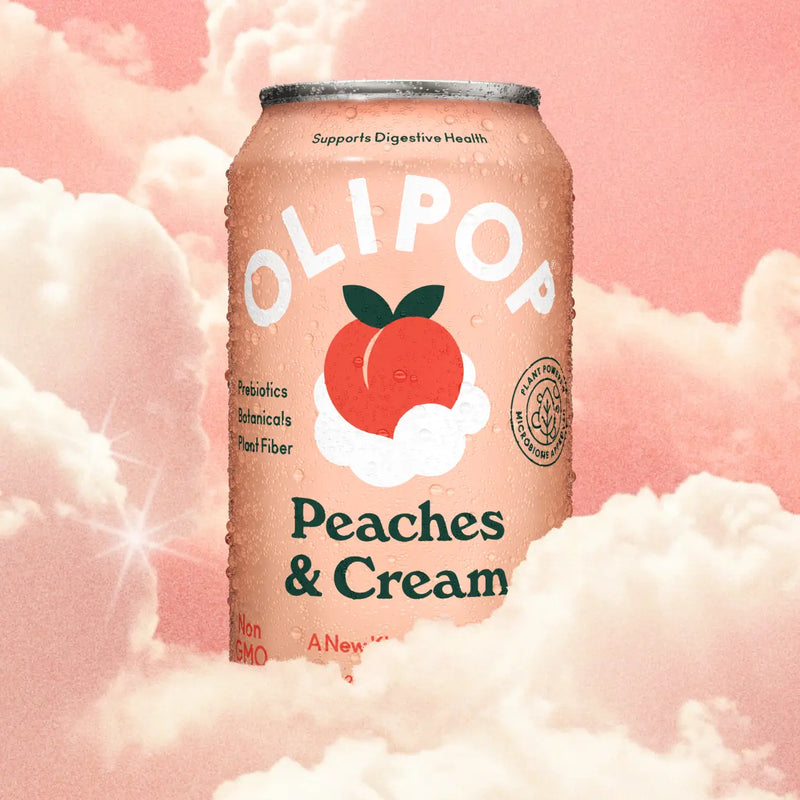
3 min read
Peaches & Cream Flavor Deep Dive
Peaches & Cream is back and here to stay! Get the scoop on this sweet, bubbly, and iconically peachy flavor that’s just as delicious as you remember.
Read More
-
OLIPOP 101 - Social Initiatives

4 min read
Sip & Support: Giving Tuesday With OLIPOP
Give back with every sip this Giving Tuesday! OLIPOP donates 5% of your purchase to a nonprofit of your choice, and 10% to Trees for the Future.
Read More
Use left/right arrows to navigate the slideshow or swipe left/right if using a mobile device


